Students in pursuing a PhD in Manufacturing Engineering want to develop and test new techniques for industrial processes and make manufacturing solutions more efficient, more cost effective, and more environmentally friendly. As the global markets seek production methods that are safer for people and the environment, you’ll be on the cutting edge of researching new options in a rapidly changing and technically complex world. This experience will prepare you for sought-after manufacturing engineering graduate jobs in the industry.
You’ll work alongside our renowned faculty on groundbreaking research projects that involve many engineering disciplines, including chemical, mechanical, and even biomedical engineers to push the boundaries of how materials change everything from structure to shape with various processes.
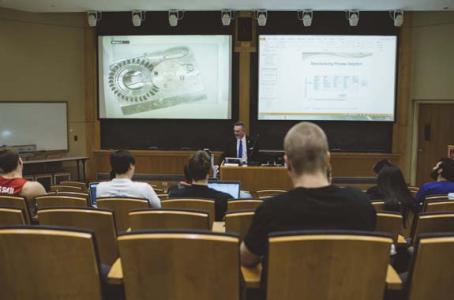
Curriculum
The PhD in Manufacturing Engineering is a research degree, so you’ll work on a dissertation proposal, completion, and defense of your original research. With your faculty advisor you’ll develop your plan to complete the research project to meet the project’s needs.
Candidates will also pass a required exam and spend one year in residency on campus. You’ll participate in a graduate seminar course that provides an opportunity to share ideas and thoughts with other manufacturing engineering students.
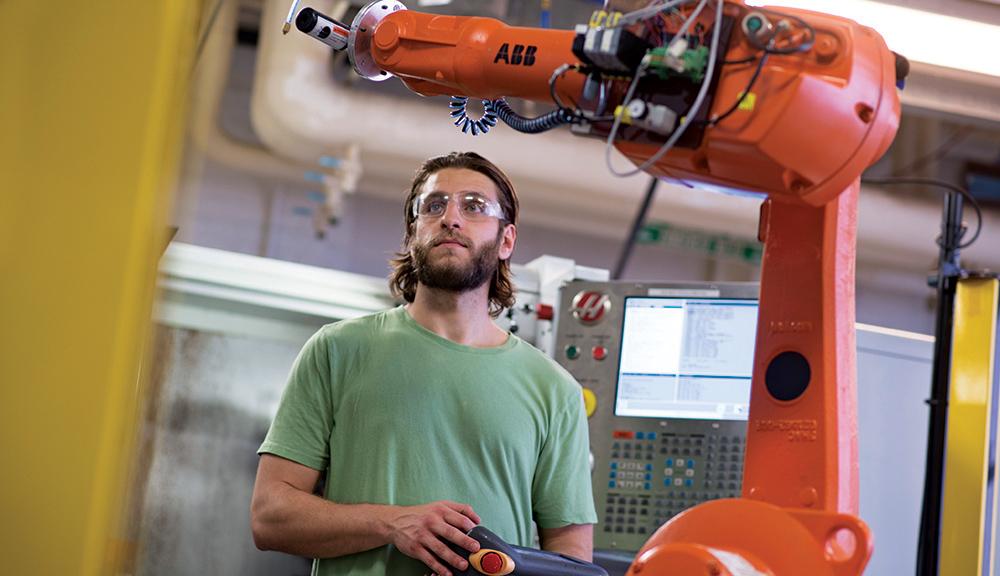
Students in the program have access to state-of-the-art facilities, including the Metal Processing Institute, the largest university-industry consortium in North America.
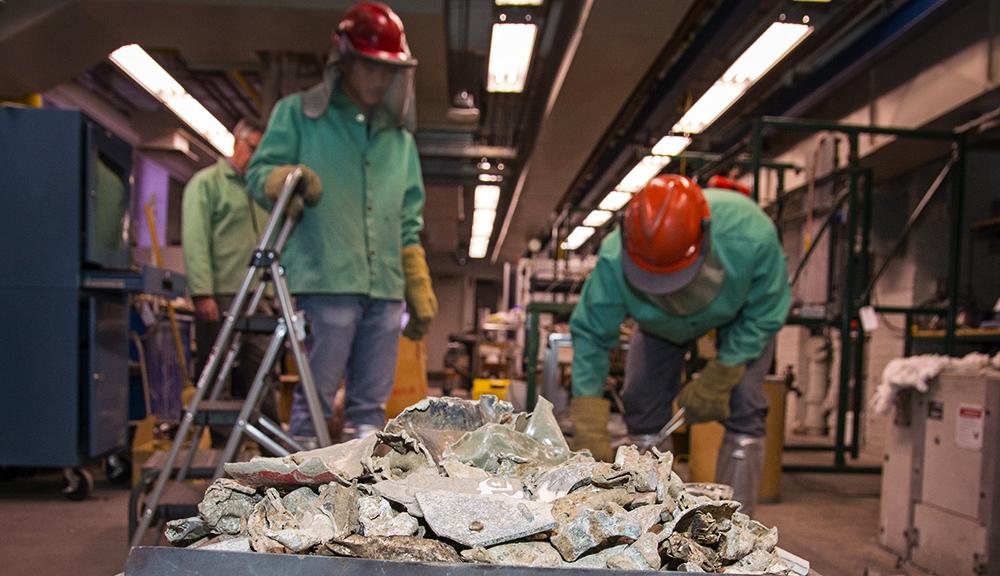
Research in WPI’s manufacturing and materials engineering program impacts industries as varied as healthcare, transportation, defense, consumer electronics, and energy.
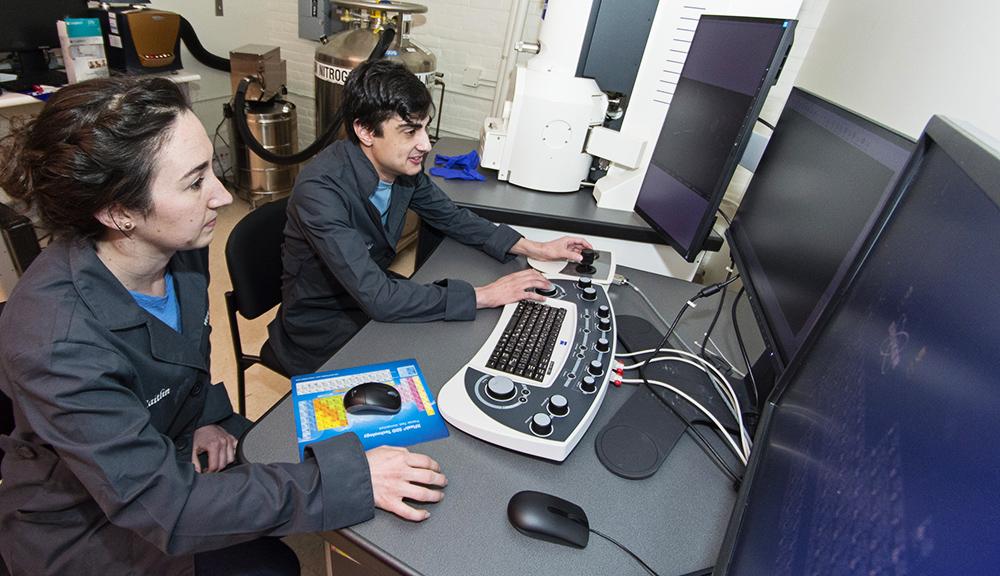
The manufacturing and materials engineering field is broad—students at WPI find themselves exploring varied research, including analyzing mathematical models for selecting the proper heat treatment of gears or exploring nanocomposites.
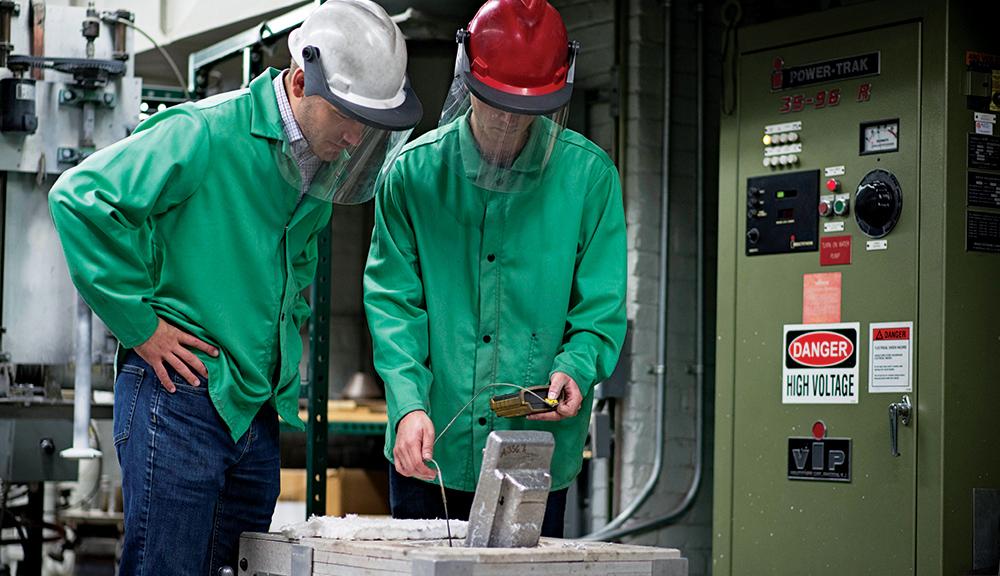
Students work with WPI faculty—experts in cold-spray processing, heat treating, casting, surface metrology, rare earth metal extraction, or battery recycling and reuse—on research that will have immediate impact to humanity.
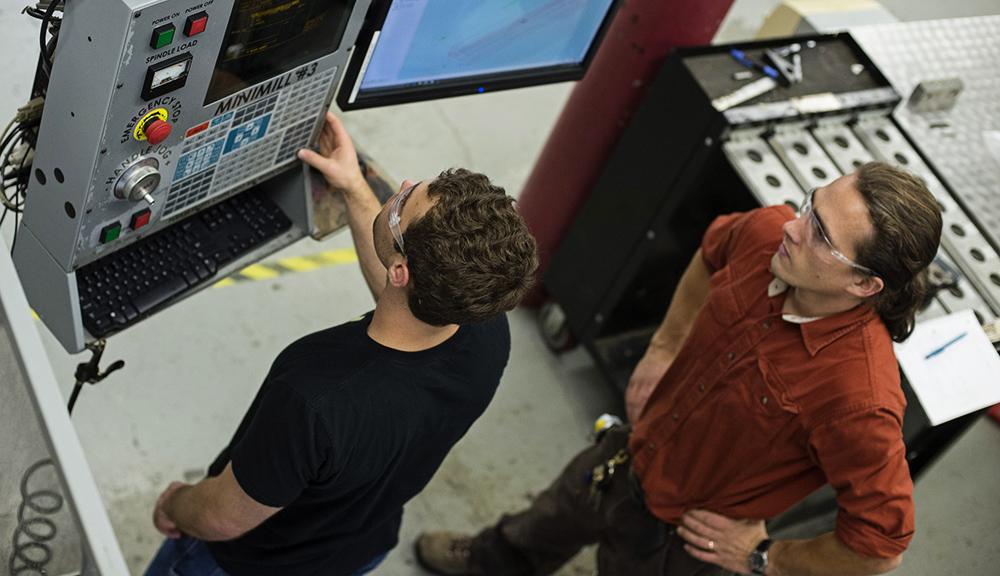
A multidisciplinary approach means your work in manufacturing and materials engineering will consider the impacts your research has on other disciplines—the final result becomes stronger because of it.
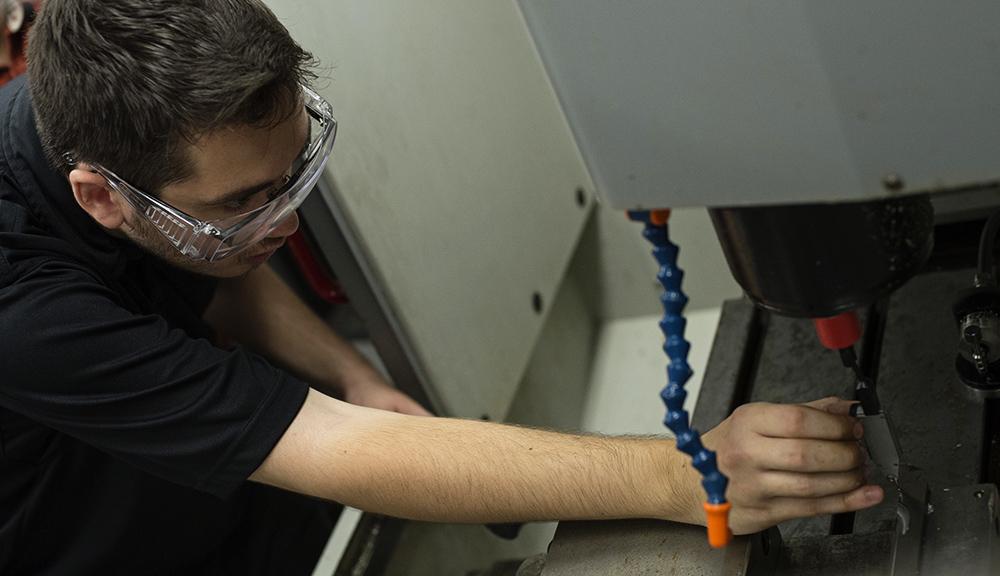
Graduate students come to WPI with different goals—their academic plans don’t all look the same. Whether your career goal leads to industry or academia, you’ll tailor your own path to meet your individual goals.
Research
You’ll find a lab or research facility to accommodate nearly every research interest. Our cutting-edge labs are well equipped and supportive, allowing you to work alongside faculty and fellow researchers in exciting developments.
Some of our state-of-the-art facilities:
- Higgins Labs Machine Shop and Project Laboratory
- Manufacturing Labs and Haas Technical Education Center
- Manufacturing Control and Dynamics Laboratories
- Metal Processing Institute
Faculty Profiles
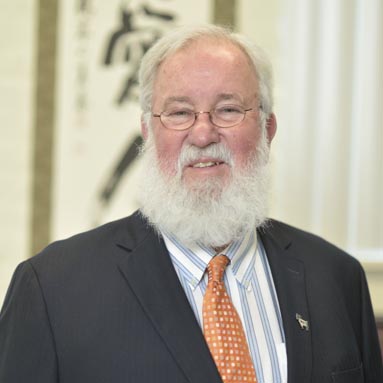




Have questions?
WPI's dedicated graduate student support team can help.
Refer a Friend
Do you have a friend, colleague, or family member who might be interested in a WPI graduate program? Click below to tell them about our programs.
Earn Your Master’s in Manufacturing Engineering
Do you first need to earn your master’s degree? Gain a solid foundation in modern manufacturing techniques and focus on a specific research area from control systems, manufacturing systems, statistics and quality assurance, and more. Our on campus master’s in manufacturing engineering enables students to work in our state-of-the-art labs and use cutting-edge equipment alongside our expert faculty. Sharpen your skills of how materials properties change and apply it to careers in health care, design, and more. Do you prefer to study online? Consider our master’s in manufacturing engineering online, which enables students to customize their plan of study and earn their degree in as little as two years. Are you more intrigued by exploring the structure, properties, and processes to make new materials for various fields? Our master’s in materials science and engineering enables students to learn about how materials properties change and conduct breakthrough research alongside our world-renowned faculty. If you have specific questions about manufacturing engineering graduate salary, research, or career outcomes, check out our department page.
Explore WPI’s PhD Degree Program in Materials Science
If manufacturing interests you but you’re passionate about materials and how they work, you’ll want to look into WPI’s PhD in materials science engineering. This program gives you the freedom to conduct rigorous, original research that follows your specific interests and will have lasting impact in various industries. You’ll have immediate access to our expert faculty and to our state-of-the-art facilities and centers where you’ll direct your research into the relationships between the structure, properties, processing, and performance of various materials. WPI is committed to research with purpose, so the work you do here will be targeted at meeting the needs of industries across the board—from biomedical to automotive to batteries to military.
Gain an Understanding of Manufacturing Concepts with a Minor
If you’re interested in learning about manufacturing but are majoring in a different discipline, a minor in manufacturing engineering gives you a foundation. With this academic plan, you’ll understand how manufacturing’s production and processing impacts everything from a product manufacturability and product quality and even how to improve products. You’ll gain knowledge essential to and applicable to most industries and have a head start when you graduate.